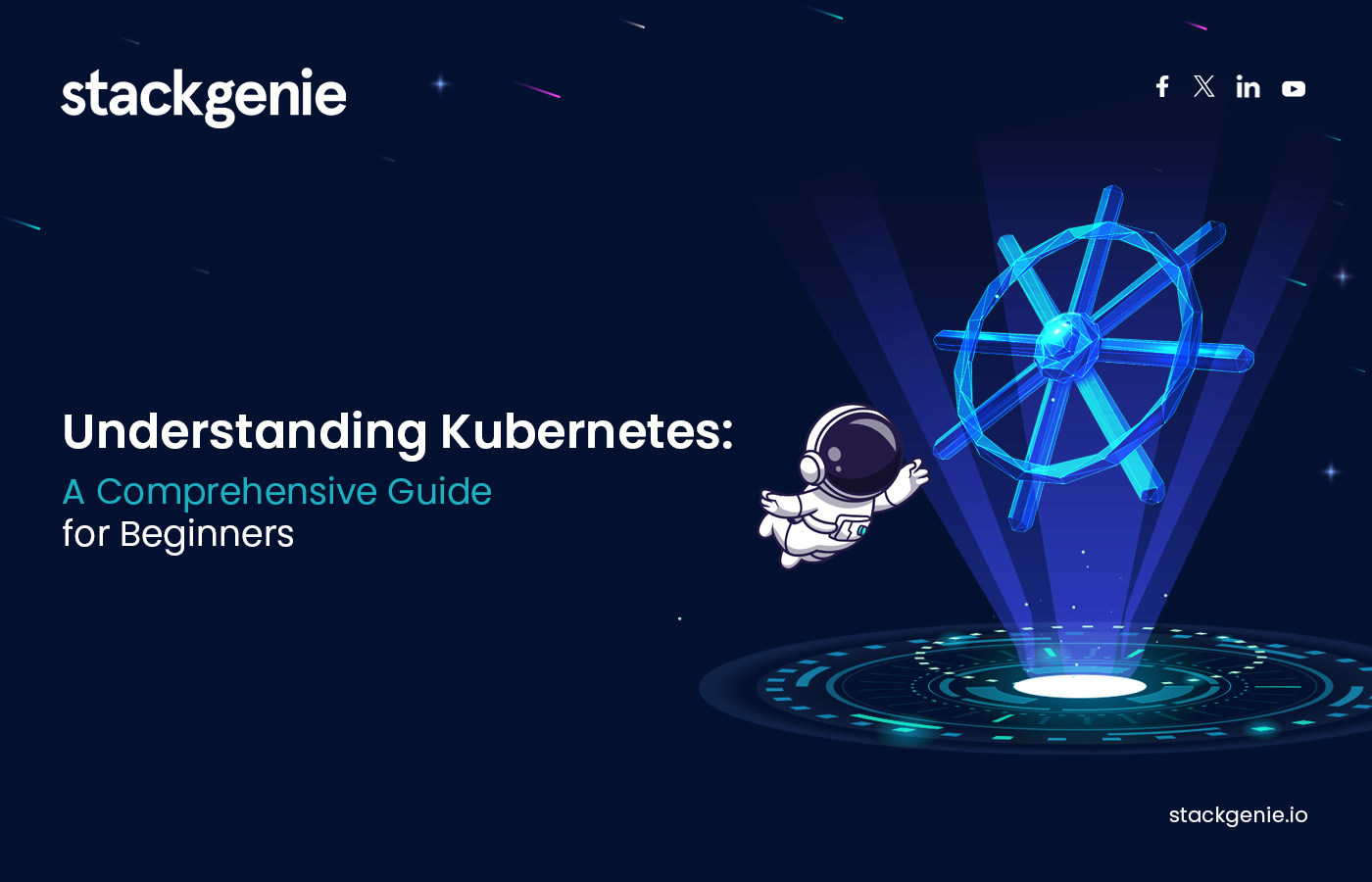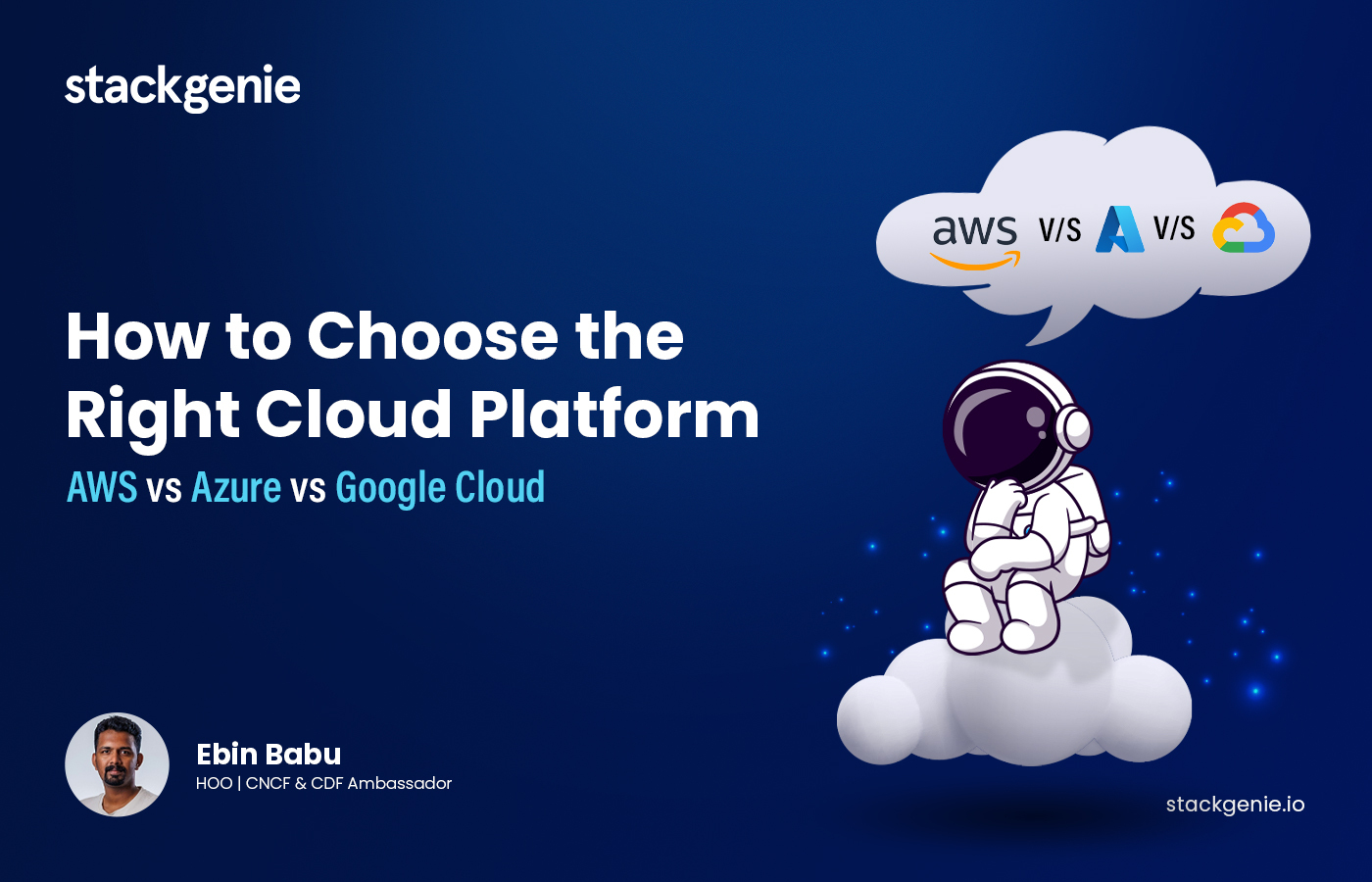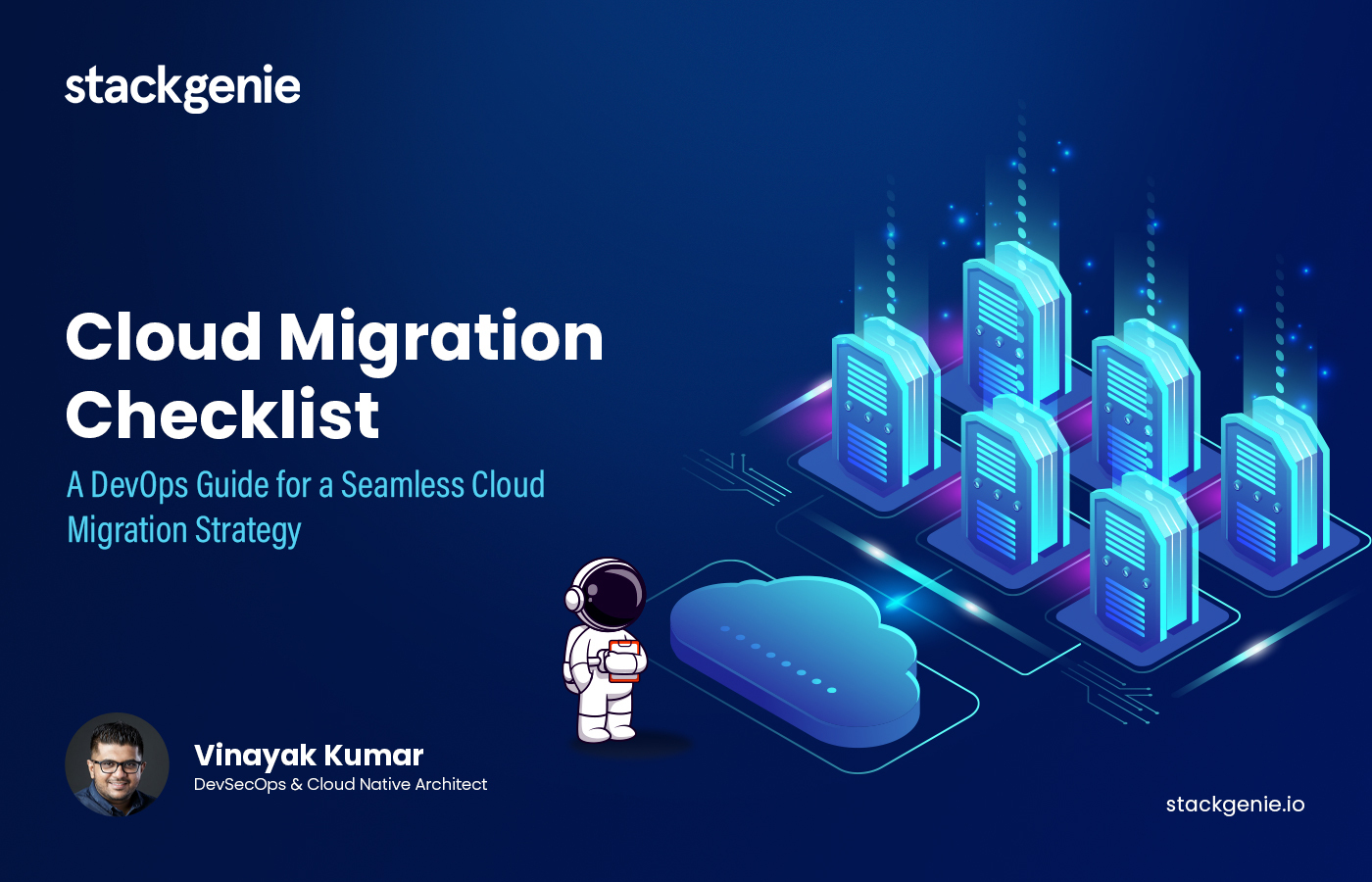Are you intrigued by the buzz around Kubernetes, but find yourself lost amidst the jargon?
You’re not alone. Kubernetes has rapidly risen as the gold standard for container orchestration, and understanding its fundamentals can give you an edge in the modern tech landscape. This guide will demystify Kubernetes for beginners and highlight its key advantages. What is Kubernetes?
Kubernetes, commonly referred to as “K8s,” is an open-source platform designed to automate deploying, scaling, and operating application containers. It groups containers that make up an application into logical units for easy management and discovery.
Why is Kubernetes Important?
- Scalability: Kubernetes easily scales your application up or down, depending on the demand. With a single command or, in some cases, automatically, you can replicate containers or pod instances
- Self-Healing: Kubernetes restarts failed containers, replaces them, and even reschedules them on other nodes if a node fails
- Load Balancing: It can automatically distribute network traffic to ensure the deployment is stable
- Rollouts and Rollbacks: Kubernetes ensures that application updates are rolled out progressively while monitoring the application’s health.
How Does Kubernetes Work?
Pods: The smallest deployable unit in Kubernetes. A pod can host multiple containers that form a segment of your application. Services: These act as an abstract layer on top of pods, ensuring a reliable way of accessing them. ConfigMaps and Secrets: Allow environment-specific configuration separation from application artefacts. Storage Systems: With pluggable storage, Kubernetes makes it easy to use storage systems of your choice. Controller: Ensures the desired state of your application is maintained. Read Related: Top Kubernetes Monitoring Tools to Streamline Cluster ManagementKey Advantages of Adopting Kubernetes:
- Portability: Whether it’s public, private, or hybrid clouds, Kubernetes works the same everywhere
- Efficient Resource Utilization: It optimizes infrastructure resources to maximize applications hosted on infrastructure.
- Enhanced Developer Productivity: Automated processes mean developers can focus on writing code without worrying about the underlying infrastructure.
- Community and Ecosystem: Being open-source, Kubernetes has a large, vibrant community and ecosystem backing it, driving continuous improvements and support.Read Related: Kubernetes: Your Key to Avoiding Vendor Lock-In


